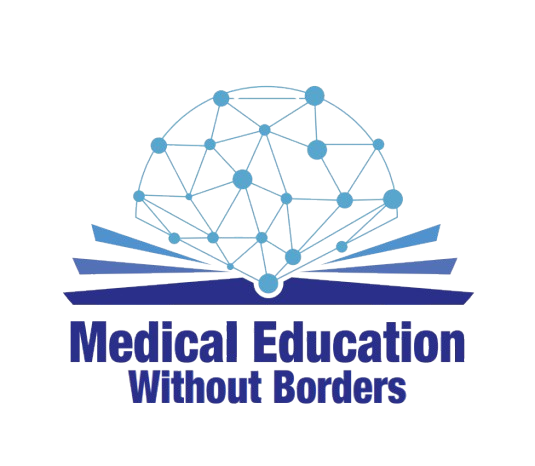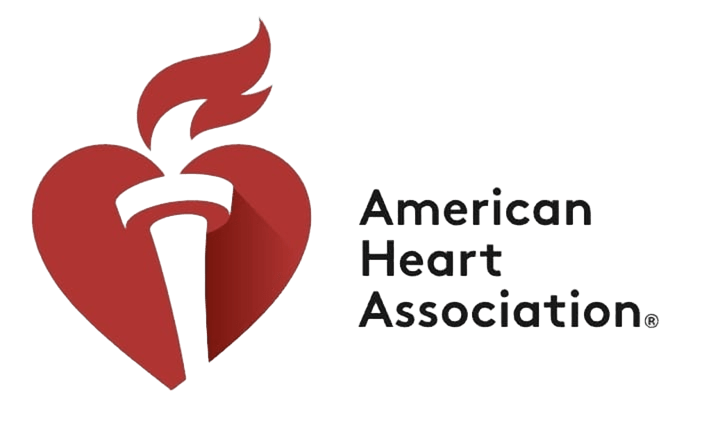Course Introduction
Learning Activity Details
| Duration | |
|---|---|
| Sessions | 1 Sessions |
| Course Location: | Live |
| Location: | View location on the map |
Select The Most Appropriate Date To Take The Course.
Speakers
Learning Activity Agenda:
Date | 26 July 2025 |
Time | 9:00 a.m. – 1:25 p.m. |
Type of the Activity | Venue Based Workshop |
Location | Riyadh |
|
|
|
|
09:00-09:05 |
Lesson 1: Course Introduction |
|
09:05-10:35 |
Lesson 2: 1-Rescuer Adult BLS Part 1: Adult Chain of Survival Part 2: Scene Safety and Assessment
Part 3: Adult Compressions Part 4: Pocket Mask Part 5:
1-Rescuer Adult BLS |
|
10:35-10:55 |
Lesson 3: AED and Bag-Mask
Device Part 1: AED Part 2:
Bag-Mask Device |
|
10:55-11:05 |
Lesson 4: 2-Rescuer Adult BLS |
|
11:05-11:20 |
Lesson 5:Special Considerations Part 1: Mouth-to-Mouth
Breaths Part 2: Rescue Breathing Part 3: Breaths with an Advanced
Airway Part 4:
Opioid-Associated Life-Threatening Emergency Part 5: Maternal Cardiac Arrest |
|
11:20-11:40 |
Lesson 6: High Performance Teams Part 1: Team Dynamics Part 2: High Performance Team Part 3:
High Performance Team Activity (optional) |
|
11:40-12:00 |
Lesson 6A: Local Protocols Discussion (Optional) |
|
12:00-12:10 |
Coffee Break |
|
12:10-12:35 |
Lesson 7: Child BLS Part 1: Pediatric Chain of Survival
Part 2: Child BLS Part 3:
2-Rescuer Child CPR |
|
12:35-12:55 |
Lesson 8: Infant BLS Part 1: Infant BLS Part 2: Infant Compressions Part 3: Bag-Mask Device for Infants
Part 4: 2-Rescuer Infant BLS Part 5:
AED for Infants and Children Less Than 8 Years of Age |
|
12:55-01:05 |
Lesson
9: Relief of Choking Part 1: Adult or Child Choking Part 2: Infant Choking |
|
01:05-01:25 |
Lesson 10: Conclusion |
|
11:55-12:35 |
Lesson 11: Skill test Part 1: Adult CPR and AED Skill
Test Part 2: Infant CPR Skill Test |
|
12:35-01:00 |
Lesson 12: Exam |
|
01:00-01:30 |
Lesson 13: Remediation Part 1: Skills Testing Remediation
Part 2: Exam Remediation |
Scientific Committee:
Target Audience:
- All Healthcare Practitioners
Learning Activity Objectives:
By the end of this course, participants will be able to:
1. Understand the critical importance of early recognition and intervention in cardiac arrest and life-threatening emergencies.
2. Demonstrate high-quality chest compressions and appropriate ventilation techniques on adult, child, and infant mannequins.
3. Apply the correct sequence of actions using the BLS algorithm (CAB: Compressions, Airway, Breathing).
4. Safely and effectively use an automated external defibrillator (AED).
5. Integrate effective team communication and role assignment during resuscitation efforts.
6. Perform relief of foreign-body airway obstruction in responsive and unresponsive individuals.
Learning Activity Description:
The Basic Life Support (BLS) course which is accredited by the American Heart Association, provides healthcare practitioners with essential knowledge and hands-on skills required to respond promptly and effectively in life-threatening emergencies. Aligned with internationally recognized guidelines, this in-person training emphasizes the early recognition of cardiac arrest, high-quality chest compressions, effective ventilation, and the use of an automated external defibrillator (AED). The course is interactive, simulation-based, and tailored to reflect the real-world clinical environment of healthcare providers. Participants will engage in team-based scenarios and practice life-saving techniques in a supportive, supervised setting.
Learning Outcome:
- After successful completion of the course, participants will be able to:
- Identify signs of sudden cardiac arrest and initiate prompt BLS interventions.
- Perform CPR on adults, children, and infants according to latest guideline standards.
- Operate an AED and follow safety protocols during its use.
- Manage airway obstruction scenarios with appropriate techniques for all age groups.
- Work collaboratively in team-based resuscitation scenarios with clear communication and role execution.
- Exhibit increased confidence and competence in emergency response within clinical settings.
Certificates
You have to attend the course to obtain the certificate
Learning Activity requirements:
After registration and at least three days before the course, the Saudi German Hospital will contact you to complete the registration process.



